🌍 Frontier Markets News, July 26th 2025
A weekly review of key news from global growth markets

Africa
Recalculation swells Nigeria’s economy by 30%
Nigeria’s economy is about 30% bigger than previously thought, the country discovered after it updated its GDP calculation methods to include previously excluded sectors, the FT reports. Nigeria’s new GDP estimate for 2024 is around $244 billion, substantially higher than the World Bank’s latest estimate of $187.76 billion.
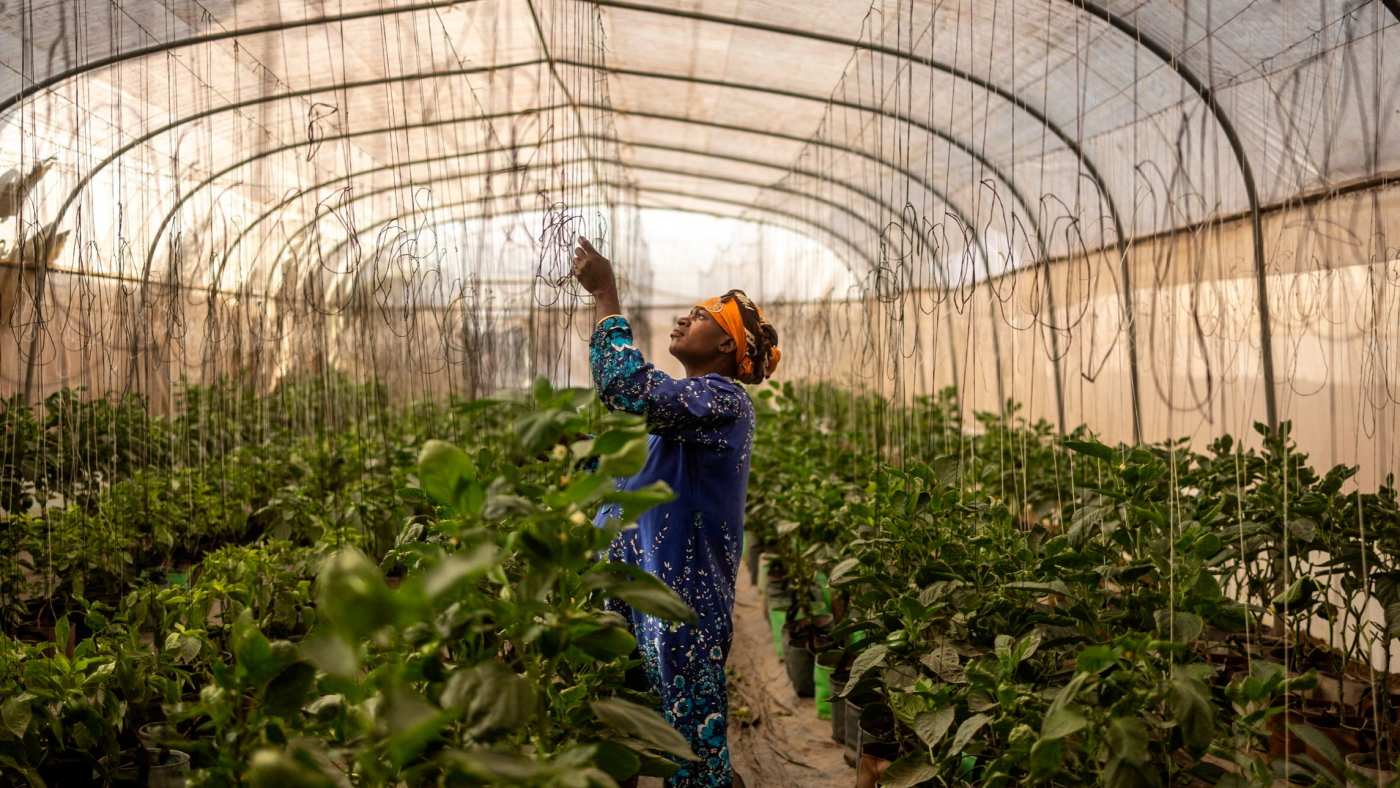
To more accurately measure Nigeria’s output the country’s National Bureau of Statistics moved the base year to 2019, from 2010. This enabled the inclusion of sectors such as the digital services industry, pension funds, and informal labor, which represent a major portion of the Nigerian economy. Services contributed to 57% of the country’s GDP.
- Nigerian central bank pledges to hold its monetary policy rate steady to address inflationary pressures (Reuters)
The last time Nigeria rebased, it soared to the top of the list of Africa’s biggest economies, a title it lost in 2023 after President Bola Tinubu devalued the naira. The latest figures keep Nigeria fourth on the list of the continent’s biggest economies, after South Africa, Egypt and Algeria.
African central banks weigh cryptocurrencies
Morocco’s central bank is considering rolling out a digital currency for peer-to-peer and cross-border payments, Reuters reports. According to the governor of the country’s central bank, Abdellatif Jouahri, Morocco is investigating the potential impact of cryptocurrency adoption on its payment systems, as well as experimenting with crypto cross-border payments with the World Bank and Egyptian central bank.
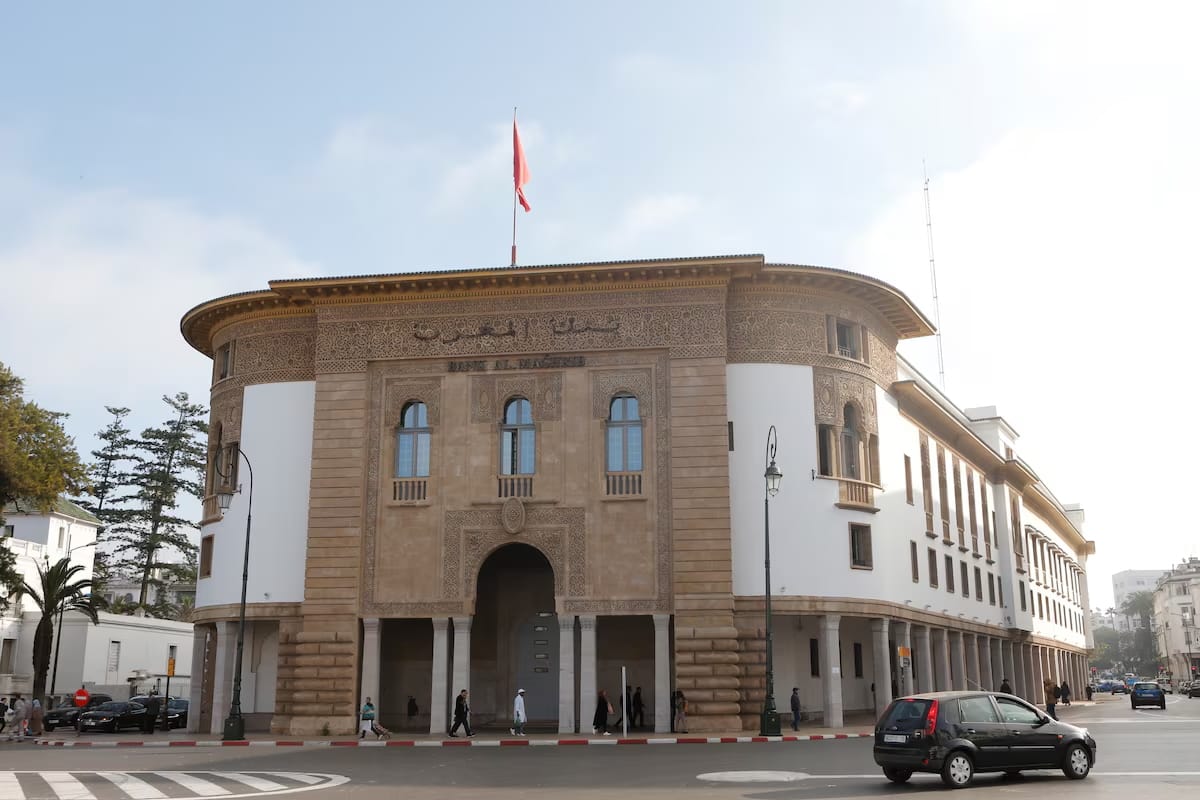
Ghana’s central bank has also been looking at digital assets and this week announced it was planning to license crypto platforms, Bloomberg reports. The Ghanaian crypto plan aims to allow authorities to capture the revenue of the asset used by millions in the country already, and boost cross-border trade.
IMF steps in to help Senegal solve hidden debt riddle
The IMF said this week it plans to start talks on crafting a new loan program for Senegal that would help the West African nation address hidden debts that have come to light in recent months, Reuters reports.
Senegal’s previous administration, under Macky Sall, was discovered to have hidden billions of dollars in debt after the current Bassirou Diomaye Faye administration ordered an audit of the country’s finances in 2024. Last month, provisional data from Senegal suggested its debt-to-GDP ratio had risen as high as 119%.
The audit prompted the IMF to freeze its three-year, $1.8 billion program with Senegal.
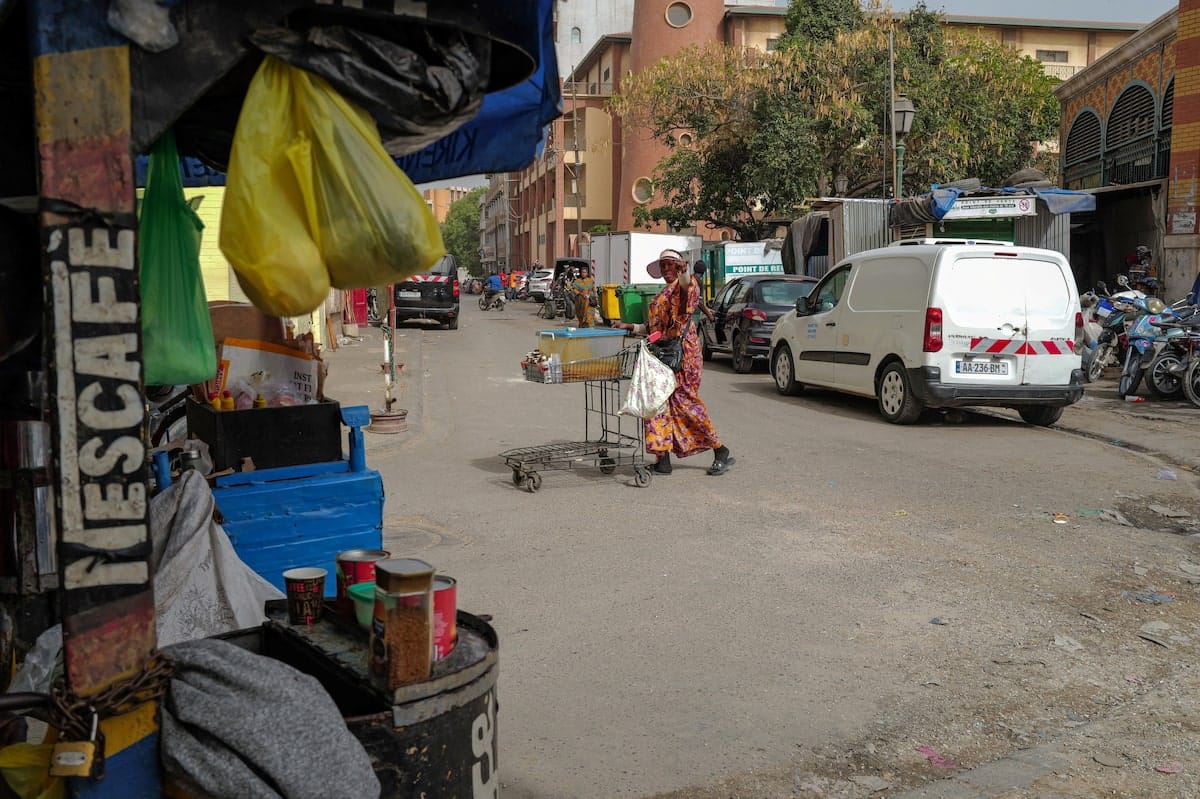
Estimates of the exact size of Senegal’s debt vary, but the IMF believes it had reached about $11.3 billion by the end of 2023, a fund spokesperson said. Possible corrective measures, the IMF said, could include either a ‘misreporting waiver’ that would allow Senegal to negotiate a new program, or ordering the country to pay back the disbursements from the previous loan program.
Asia
BYD to begin assembling cars in Pakistan
Chinese automaker BYD will begin assembling cars in Pakistan next summer, a local company executive told Reuters. The plant will have an initial capacity of 25,000 cars a year and will aim to supply the domestic market.
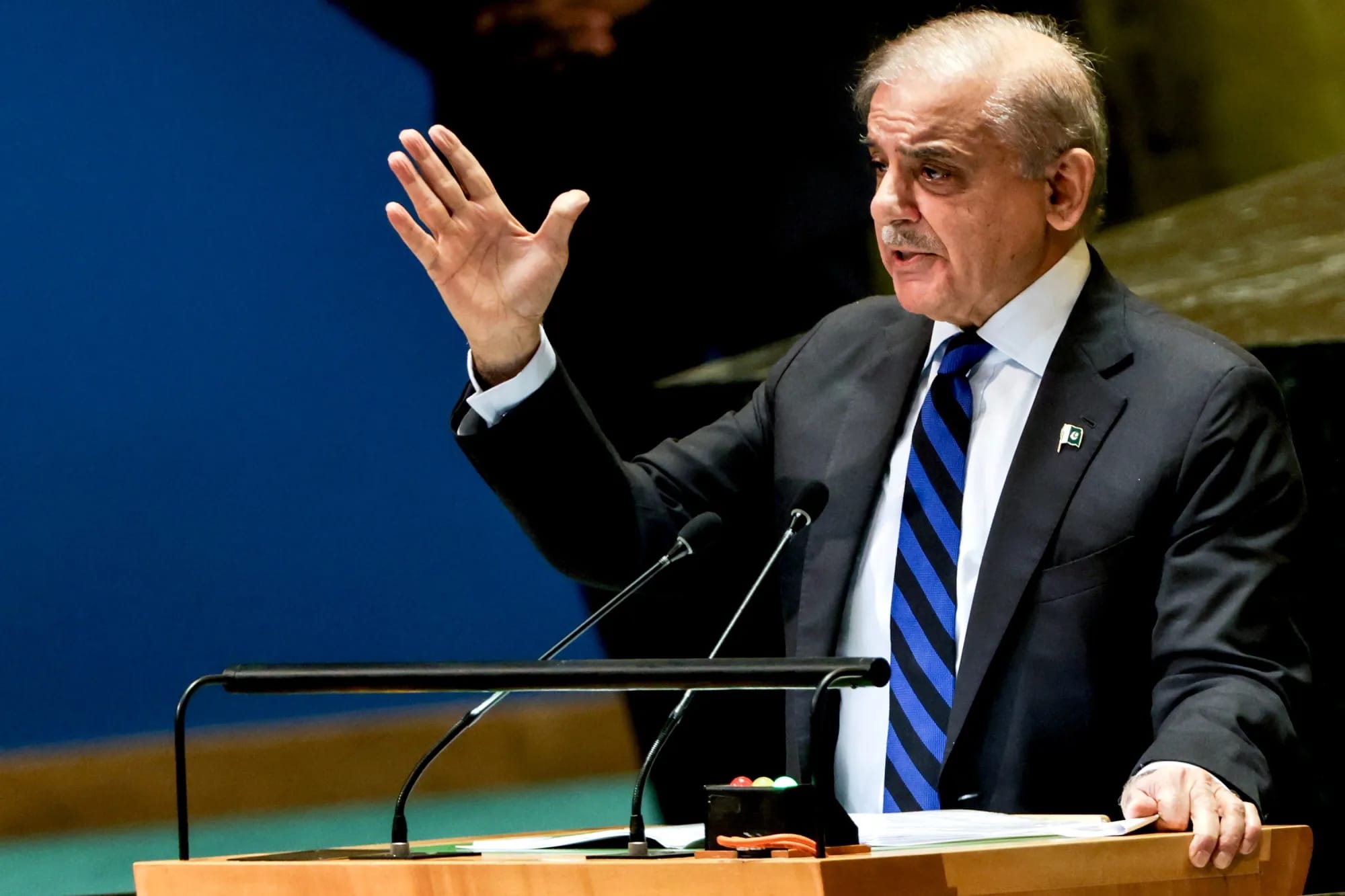
The deal highlights growing commercial ties between China and Pakistan, which is also seeking a closer relationship with the US. Islamabad has dangled cooperation on critical minerals and digital assets as potential components of a trade deal with Washington. Pakistan sent a delegation to the US this week to meet officials in Washington, Bloomberg reports.
The US is seeking to impose heavy tariffs on countries seen as transshipping Chinese products, but it is not clear whether Washington will also encourage partner countries to reduce Chinese investment, such as Pakistan’s BYD plant.
Vietnam expects tariffs to cut exports to US by a third
Vietnam has projected that US tariffs could cost it $37 billion in lost export revenue, according to an internal government document viewed by Bloomberg. The figure, equivalent to about a third of Vietnam’s exports to the US, reportedly assumes that companies in the Southeast Asian country will pay the tariffs rather than importers.
- Philippines president visits Washington, reaches trade deal with Trump (The Diplomat)
US President Donald Trump announced a deal with Vietnam earlier this month that will see the US impose 20% tariffs on Vietnamese goods and 40% tariffs on products deemed “transshipped.” The document was dated about a week after the announcement.
Cambodia and Thailand exchange fire on disputed border
Tension between Cambodia and Thailand erupted this week into exchanges of gunfire, missiles and bombs, the New York Times reports. At least a dozen Thais and an unknown number of Cambodians were killed in violence that was apparently triggered by a landmine explosion that injured a Thai soldier.
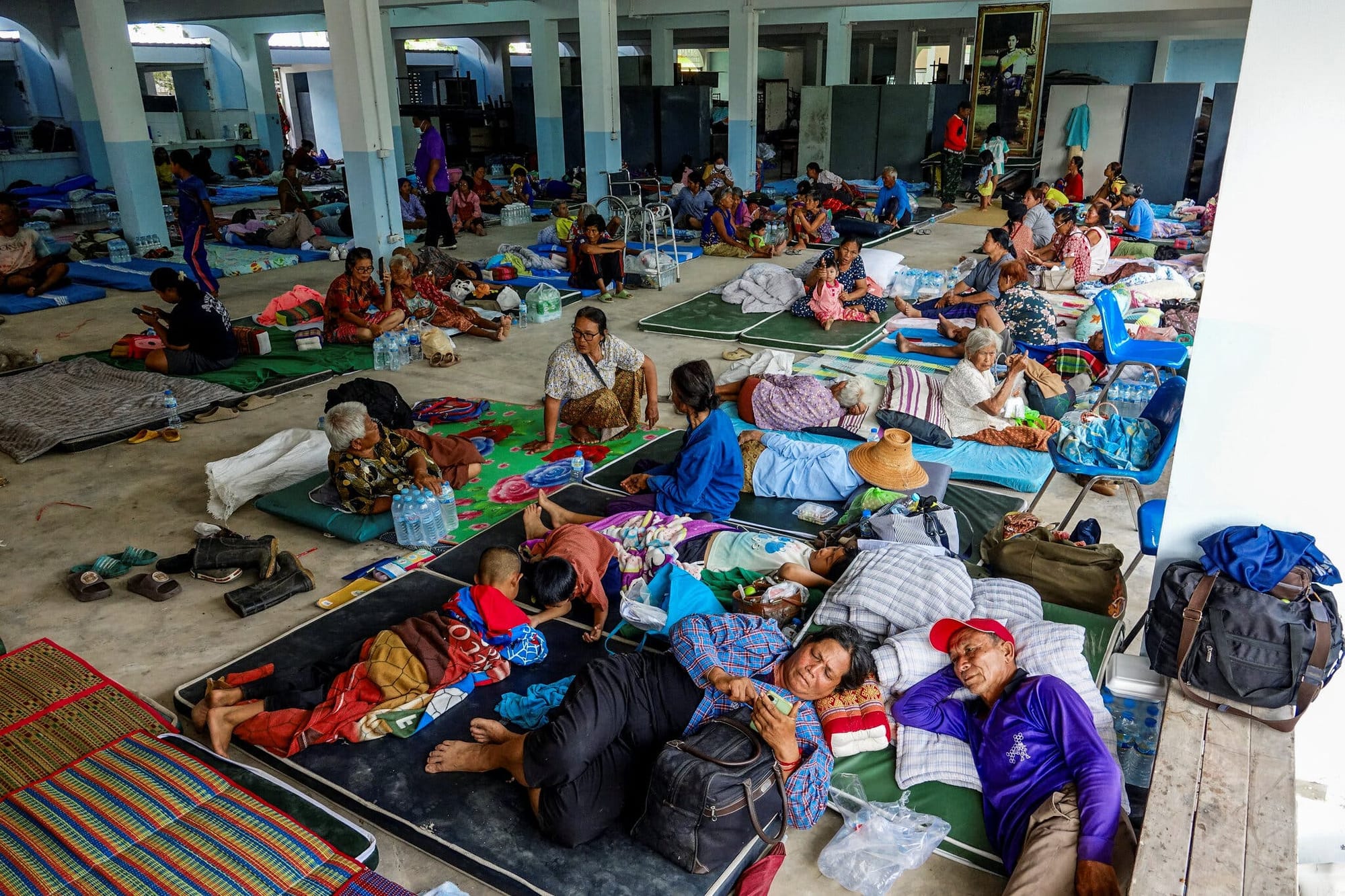
The escalation could worsen a crisis in Thai politics that began when Cambodia’s former leader Hun Sen leaked the audio of a phone call with Thai Prime Minister Paetongtarn Shinawatra. After an earlier flare-up in their border dispute, Shinawatra told Hun Sen on the call that the Thai military was on the “opposite side.” The Thai parliament then suspended Shinawatra and appointed an acting prime minister, although she is still leader of the governing coalition.
The fighting could also have regional consequences: The conflict between the two members of the Association of Southeast Asian Nations (ASEAN) could paralyze the bloc as it seeks to negotiate a peaceful resolution to Myanmar’s civil war, which has raged for the past four years.
Middle East
Iraq continues energy infrastructure push
Iraq this week made progress in its effort to reduce dependence on imported energy and improve the efficiency of its own production facilities, Zawya reports. Prime Minister Mohammed Shia al-Sudani inaugurated two new natural gas projects that will significantly increase production capacity while also reducing wasteful and environmentally damaging gas flaring.
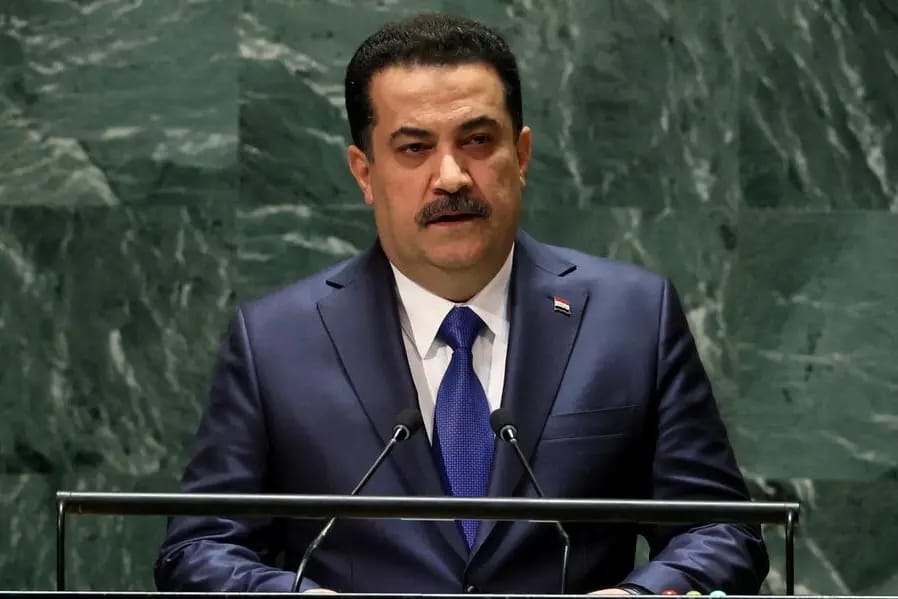
Iraq has long depended on Iran for natural gas supplies, but US sanctions and export controls in Iran have crimped exports and led to growing energy shortages in both Iraq and Iran. Iraq’s investments in its domestic capacity have already paid off, with total exports in the first half of this year surpassing 600 million barrels and generating crucial dollar revenues of around $27.5 billion.
Iran considers resuming nuclear negotiations
Representatives from Britain, France and Germany—the so-called E3—met with Iran’s deputy foreign minister this week in an attempt to persuade Iran to return to the negotiating table with the US over its nuclear program, the NY Times reports. Iran halted talks with the US after Israel launched the so-called 12 Day War.
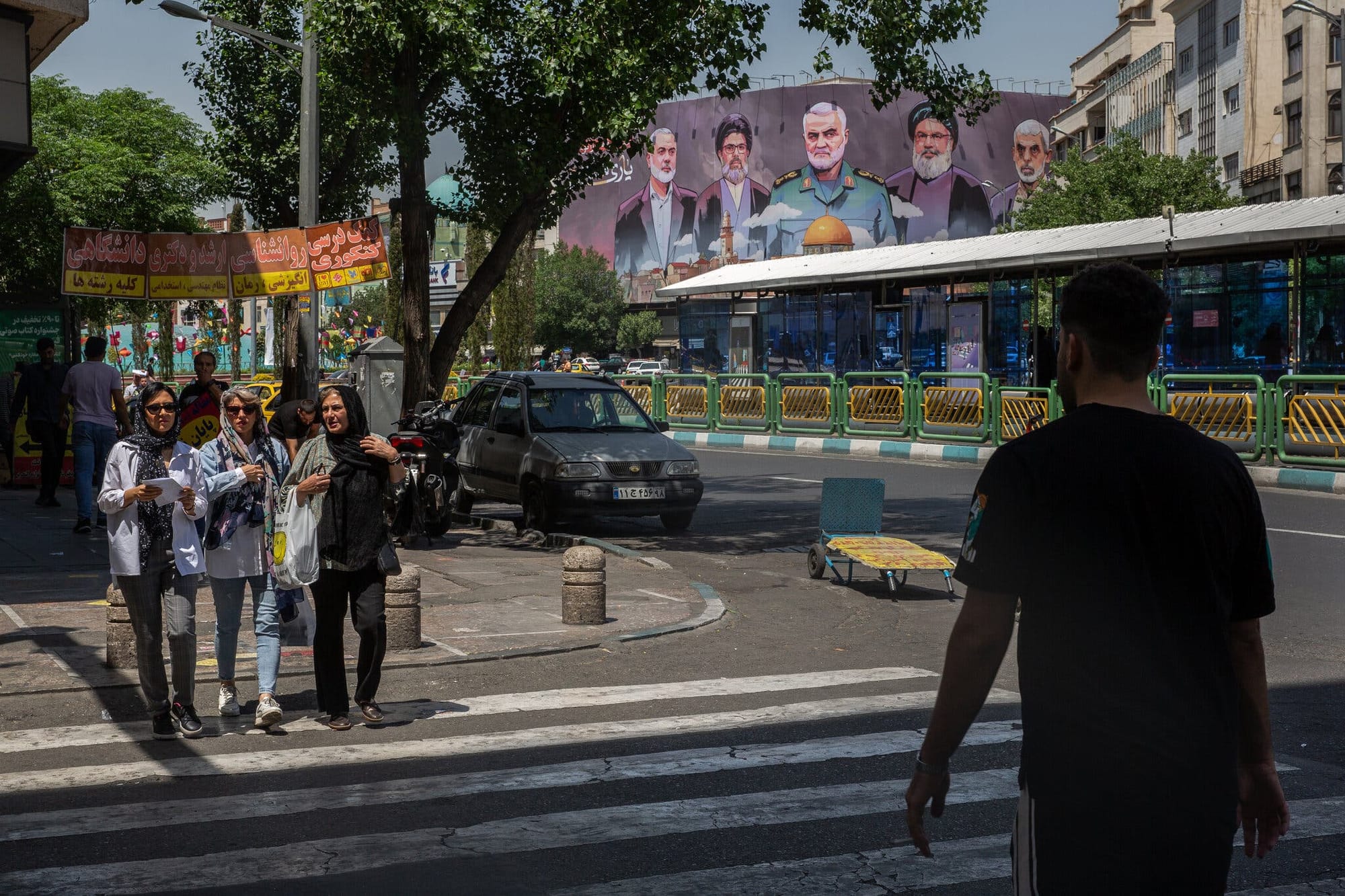
The Europeans’ threat to invoke a ‘snapback’ mechanism, which would reimpose punishing multilateral sanctions suspended by the 2015 nuclear agreement, while also offering an extension of the snapback deadline, was apparently sufficient to convince Tehran to resume discussions.
The question of whether to negotiate or revert to a harder line has dominated Iranian politics since the June 24 ceasefire, with radicals from outside the government seeing an opportunity to mobilize anti-regime sentiment and calling for comprehensive political reform.
Within the government itself, moderate reformist President Massoud Pezeshkian has been pushing for diplomatic engagement, fending off hardliners arguing for doubling down on a strict anti-Israel foreign policy which the president fears will prompt further attacks.
Europe
Ukraine’s Zelenskyy sparks mass criticism with corruption-control move
Protestors took to the streets of Ukraine this week after President Volodymyr Zelenskyy signed a controversial law placing the country’s top anti-corruption agencies—NABU and SAPO—under the control of the Prosecutor General, a presidential appointee. The move, pushed through parliament by Zelenskyy’s ruling party, was also met with condemnation from civil society, EU officials and G7 ambassadors.
Critics say the legislation dismantles key post-2014 reforms and jeopardizes Ukraine’s EU accession hopes by undermining institutional independence and transparency.

The law follows a sweeping crackdown by Ukraine’s SBU security agency on NABU staff, including raids and accusations of Russian collusion, which anti-corruption advocates describe as politically motivated. The timing of the crackdown before the parliamentary vote has fueled fears of a coordinated effort to suppress investigations targeting powerful figures, including allies of the president.
Latin America
IMF doles out cash to Ecuador and Argentina
Two of the IMF’s most fiscally disciplined projects in Latin America received additional funding this week. The IMF boosted Ecuador’s loan program to $5 billion, releasing $600 million as President Daniel Noboa rolls out austerity cuts, including laying off 5,000 public sector workers and merging government ministries. Bond markets welcomed the move, but analysts warn the measures won’t generate the $6 billion in savings needed to meet IMF targets.
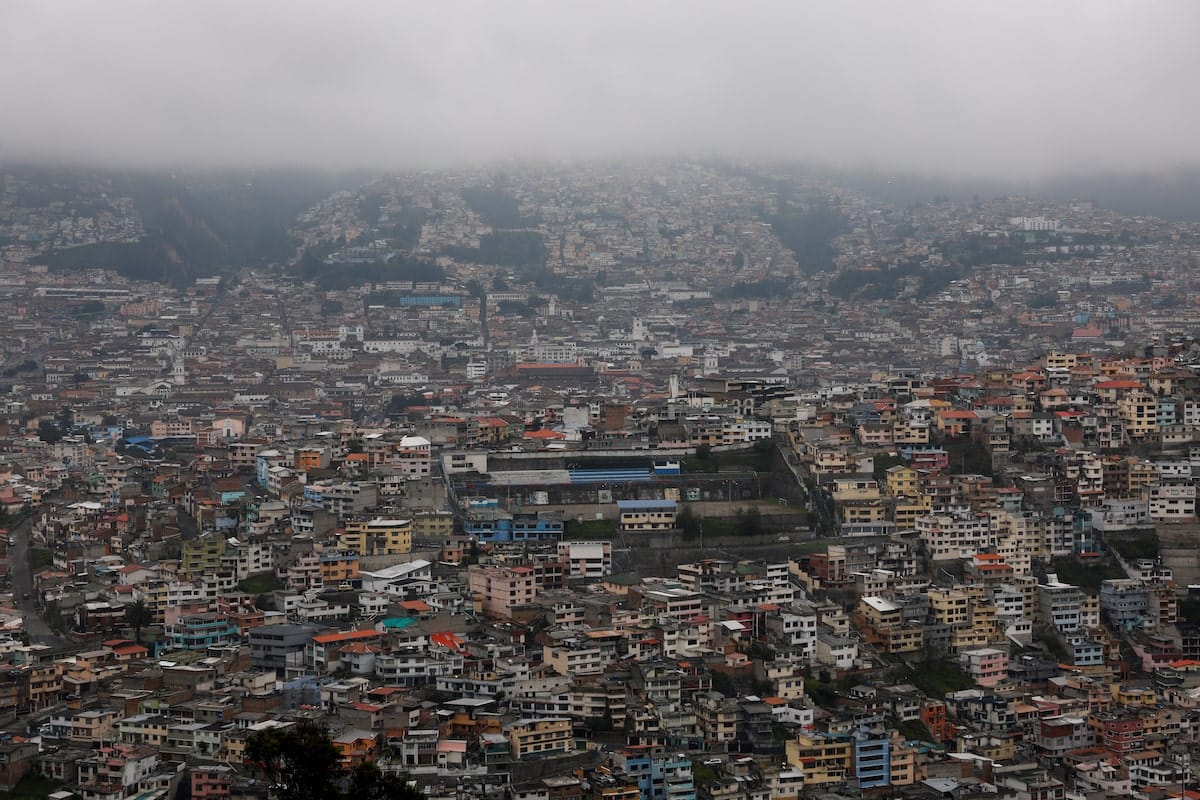
In Argentina, a staff-level IMF deal is set to unlock $2 billion of a $20 billion loan program. The IMF said Argentina had made suprprisingly swift progress on inflation, economic growth poverty reduction, enabling it to access international capital markets sooner than expected.
President Javier Milei’s government has also relaxed currency controls and vows to rebuild reserves, but faces potential roadblocks as opposition lawmakers challenge his strategies ahead of the looming midterm election.
Panama raises local bank borrowing as expectations for another rating cut rise
Panama has fueled a double-digit bond rally this year by avoiding new issuance and leaning on a $6 billion bank loan program to finance its budget, Bloomberg reports. But with the deficit stuck near 7% of GDP and little progress on fiscal consolidation, investor optimism is fading. Analysts now warn that the borrowing spree—more typical of junk-rated economies—could harm the country’s credit rating.
The administration of President José Raúl Mulino argues the strategy is saving $115 million in annual interest and insists it remains committed to deficit reduction. Yet most of the loans are in euros and Swiss francs, with minimal currency hedging, which is generally considered a risky move for a dollarized economy.
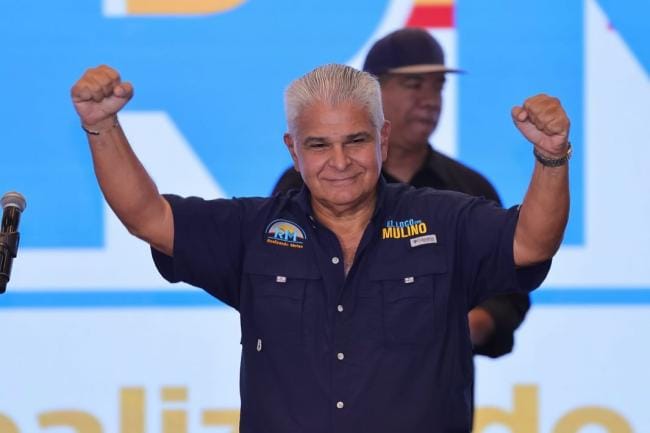
Exchange-rate losses have already added $220 million to Panama’s obligations, raising concerns about debt sustainability when repayments come due over the next three years.
Despite the fiscal risks, Panama’s bonds have outperformed, returning over 11% this year. But that momentum is stalling as major banks turn bearish and spreads inch wider. With a $3 billion bond issuance likely by early 2026 and little structural reform in place, markets are increasingly pricing in the likelihood of another rating cut.
Renewables firms double down with Pacific coast investments
Multinationals are deepening their bets on Latin America’s west coast, drawn by regulatory tailwinds, rising demand and strategic industrial linkages. In Colombia, Brookfield Renewable and Qatar Investment Authority are investing a combined $1.5 billion to expand their stakes in Isagen, a major hydroelectric operator with a growing pipeline of renewable projects. The move signals long-term confidence in Colombia’s stable cash flows and transition-ready infrastructure.
- Oil ‘does not guarantee stability’: Colombia’s environment minister on energy transition (Mongabay)
Further south, Spain’s Zelestra is committing over $1 billion to boost solar and wind generation in Peru, targeting 1 GW of capacity amid strong solar conditions and supportive reforms. With its new $180 million solar park already online in Arequipa, the company is positioning itself as a low-cost power provider to Peru’s mining industry, reinforcing the growing link between renewables and resource extraction across the region.
What We’re Reading
Ghana’s central bank stokes uncertainty ahead of budget (Semafor)
Ethiopia’s state-owned Ethio Telecom reports annual profit up 80% (Reuters)
Zambia signs agreement for $1.1bn oil refinery and energy complex (Africanews)
BHP exits $942 million Tanzania nickel project, partner Lifezone says (Reuters)
Mozambique nears deal to revive Total’s $20bn LNG plan (Bloomberg)
Mozambique’s $6.4bn hydropower plan to get World Bank funding (Bloomberg)
New offshore oil projects add 60,000 bpd to Angola’s national output (Reuters)
Off-grid systems power solar boom in Pakistan (New Internationalist)
Kazakhstan looks to triple petroleum exports by 2040 (Times of Central Asia)
Indonesia woos US with refineries and critical minerals (Reuters)
Thailand says nearing deal with US to lower 36% export tariff (Bloomberg)
Malaysia seeks 20% tariff but resists some US demands (Bloomberg)
Philippines set for first coal power decline in 17 years (Reuters)
US firms to develop Syria energy masterplan after Trump lifts sanctions (Reuters)
Saudi Arabia and the UAE’s markets diverge (Bloomberg)
Property values in Bulgaria to jump 18% before stabilizing post-euro (Novinite)
CEP makes ‘major’ oil discovery offshore Poland (Rigzone)
Czech Eurosceptic frontrunner vows to defy 5% NATO spending target (FT)
Trinidad and Tobago declares state of emergency over gang threat (The Guardian)
Colombia’s Petro threatens to alter Glencore contract over Israel coal exports (Reuters)
Bolivia’s parallel dollar rate falls ahead of presidential vote (Bloomberg)
Chile’s far right advances as gang violence reshapes election (FT)
Opinion: The growing Brics divide between carbon nations and electro-states (FT)
We are committed to providing FMN readers with a free weekly digest of politically unbiased, succinct and clear news and information from frontier and small emerging markets.
Please consider becoming a paid supporter to help cover some of our costs and support our continued development of sharp markets-focused coverage and new informational products. Paid subscribers will also gain exclusive access to our quarterly EM/FM report that aggregates EM insights from 25 major banks, international institutions and consultancies.





